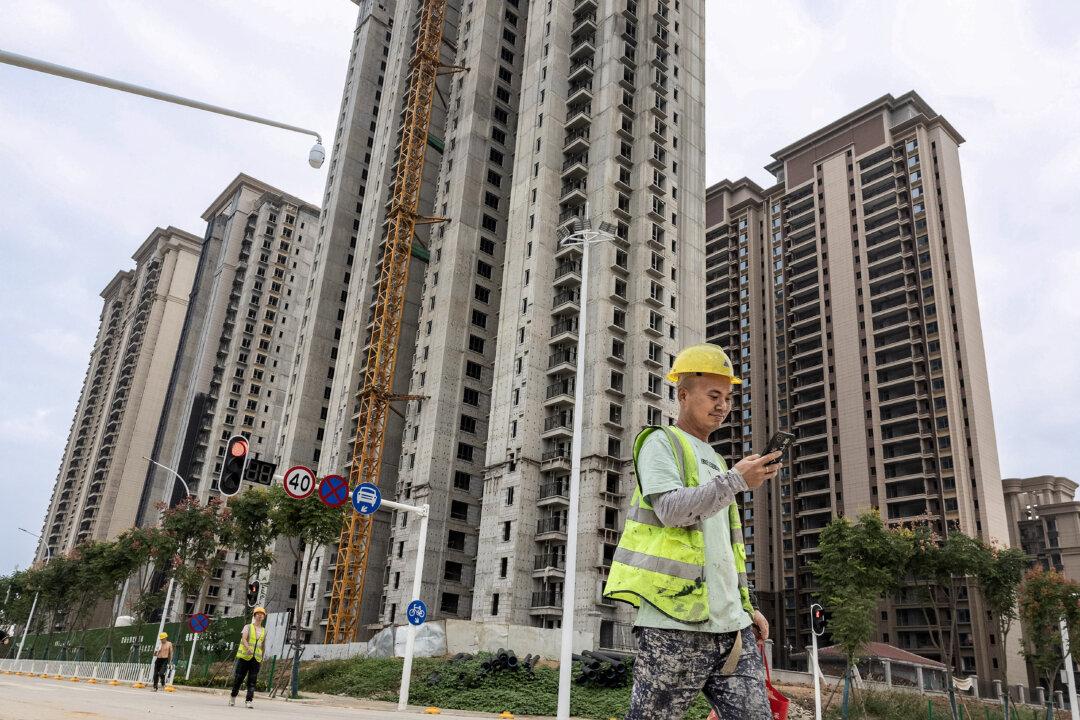Commentary
The Chinese Communist Party’s (CCP’s) grand plan to rescue the property sector involves having local governments use debt to buy overpriced properties and sell them at a discount.

The Chinese Communist Party’s (CCP’s) grand plan to rescue the property sector involves having local governments use debt to buy overpriced properties and sell them at a discount.